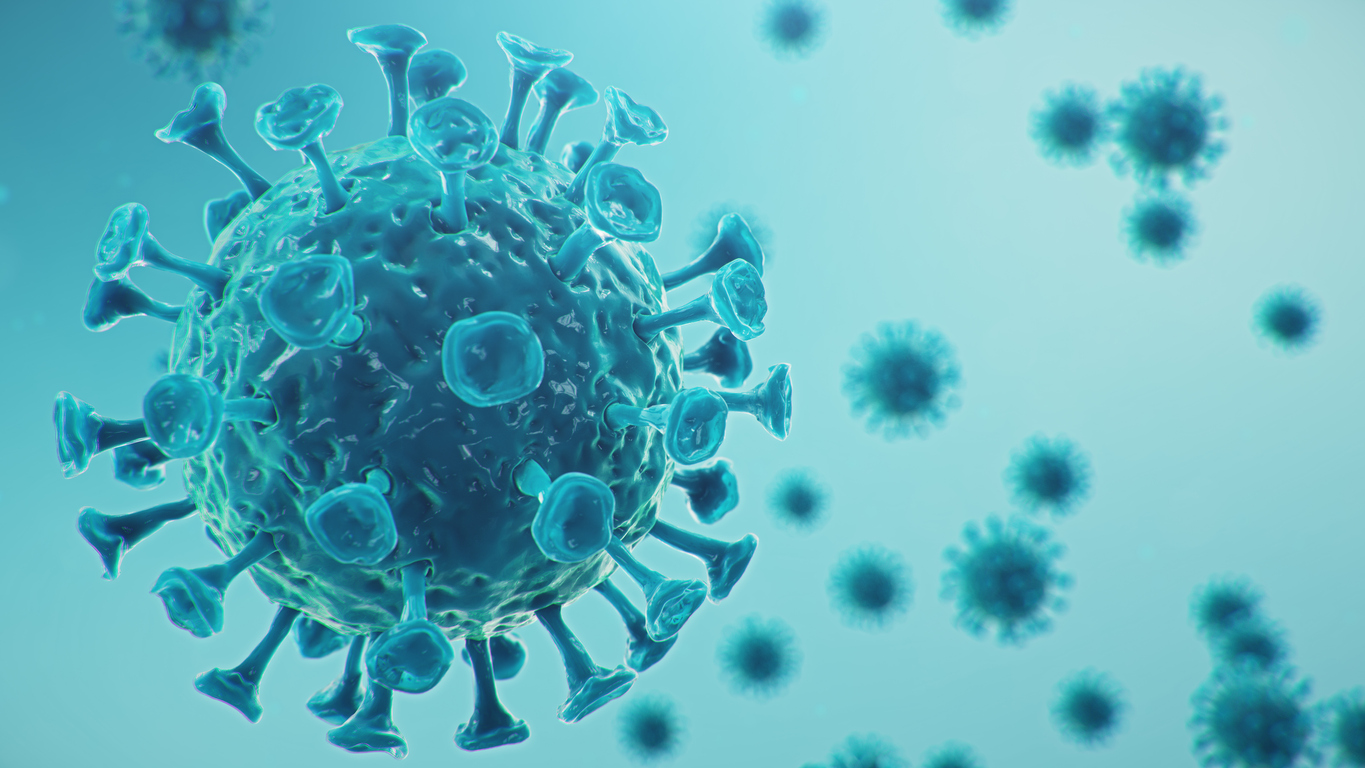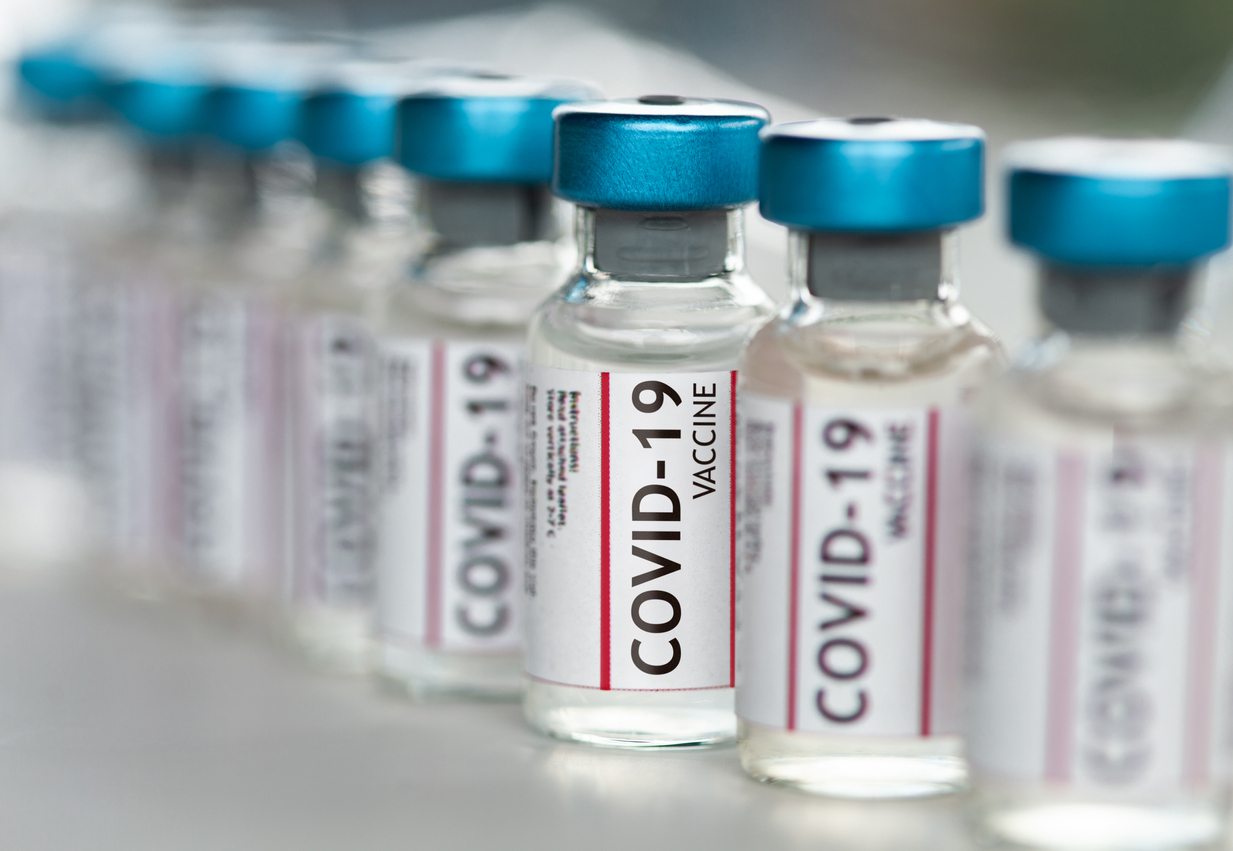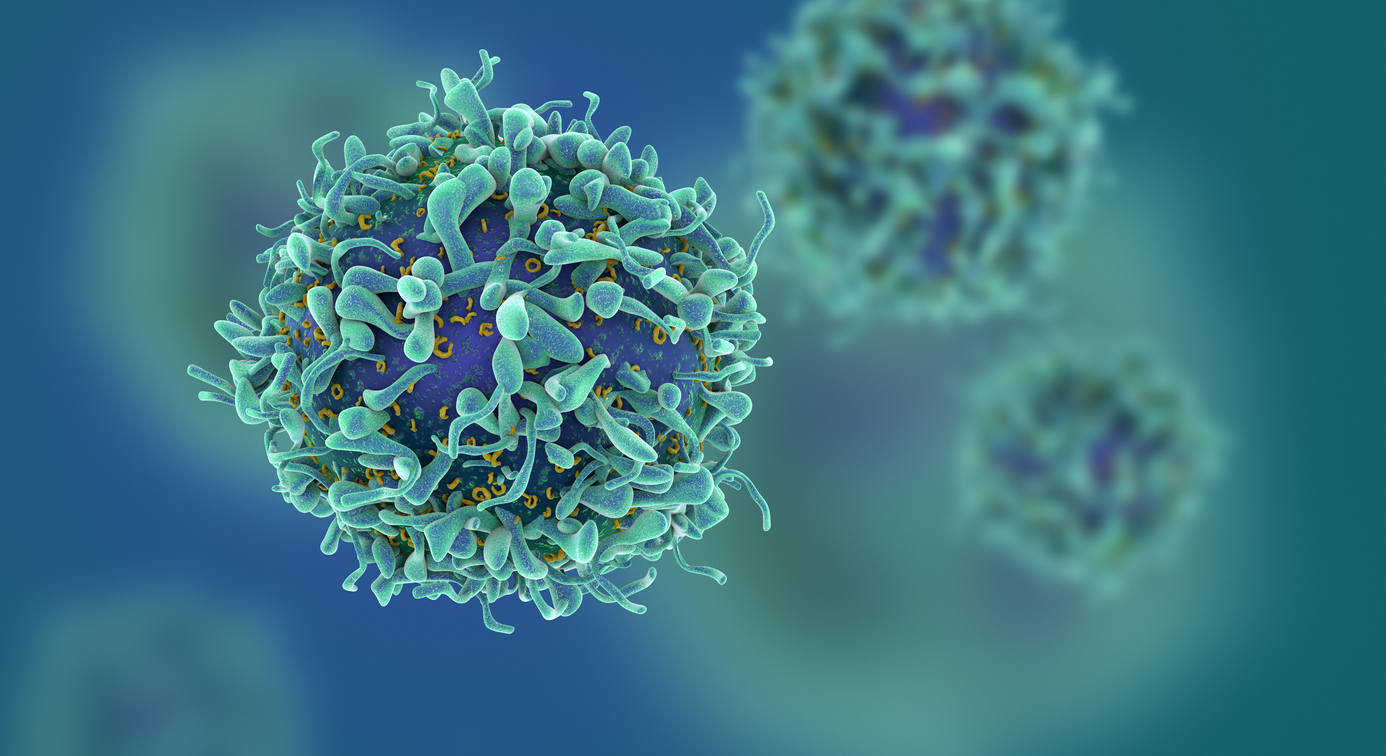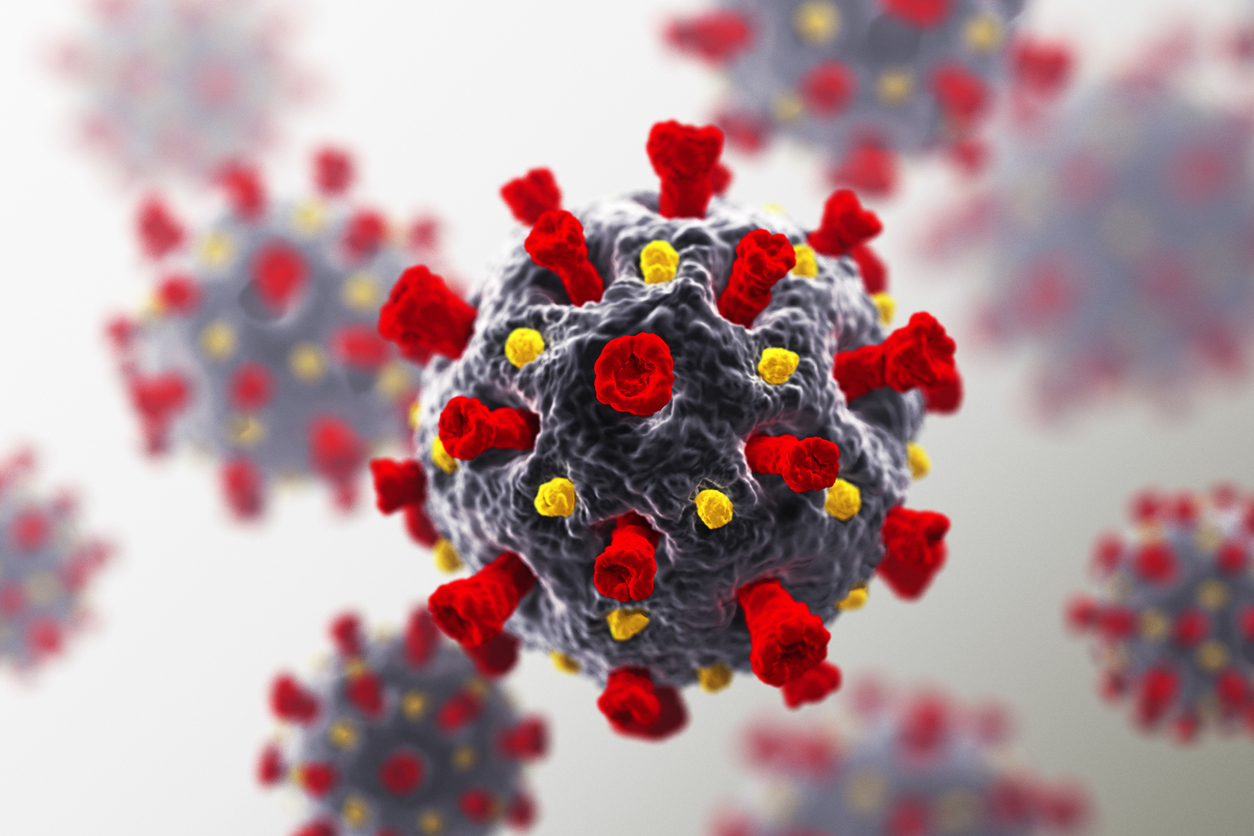Blog
Archives
Akadeum Life Sciences at EDRN 2021
Event Start Date: MAR 23, 2021 Share
The 12th Scientific Workshop of the Early Detection Research Network. 20th Year of EDRN: Making Cancer Detection Possible Virtual Conference March 23-25, 2021 Akadeum Life Sciences will be presenting two posters at EDRN’s virtual conference in March, 2021. We are looking forward to sharing these with you! Enrichment of Rare Circulating Cells Using Microbubble-Based Preparation Circulating Tumor Cells (CTCs) are a useful biomarker for cancer detection and monitoring. Enriching for …
T Cell Immunity & the COVID-19 Vaccine
Updated on May 16, 2025 | Published on Mar 3, 2021 Share
COVID-19 Reinfection In January 2020, the Center for Disease Control (CDC) confirmed the first domestic case of COVID-19, an infectious disease caused by the SARS-CoV-2 virus. Soon after, COVID-19 was declared a global pandemic, spreading at exponential rates and drastically altering the world as we knew it. After more than a year of research and experiments, we’ve begun to learn more about the mechanisms of this coronavirus variant, and how …
Improving COVID-19 Detection using Saliva Samples instead of NPS
Updated on May 19, 2025 | Published on Mar 2, 2021 Share
Saliva-based tests can simplify, accelerate, and increase the availability of COVID-19 testing – and potentially lead to better patient outcomes. The COVID-19 pandemic continues to cause illness across the world, but there is hope on the horizon as improved testing, treatments, and vaccines make their way to the global population. With the emergence of new SARS-CoV-2 variants and mutations, however, it is more important than ever that testing …
COVID-19 Vaccine: How do mRNA Vaccines Work?
Updated on May 18, 2025 | Published on Feb 26, 2021 Share
What is an mRNA Vaccine? Messenger ribonucleic acid (mRNA) is genetic material that acts as instructions for cells to develop proteins. An mRNA vaccine harnesses the productive capabilities of mRNA to build up immunities by subjecting the body to proteins that will be recognizable in the future if naturally exposed to a virus. How do mRNA Vaccines Work? While most vaccines contain a weakened or inactive infectious pathogen, mRNA vaccines …
Cell Culture Problems: Cell Clumping – Causes, How to Unclump Cells & How to Avoid Cell Clumping
Updated on Sep 5, 2025 | Published on Feb 25, 2021 Share
What Is Cell Clumping? When working with single-suspension cell cultures in a growth medium, it is not uncommon to experience cell loss in a sample. As cells are ruptured, they release DNA and debris that cause cells to aggregate into large clumps that make it difficult for them to expand. Cell clumping can both lead to and be caused by cell apoptosis, or cell death. As more cells die and …
Cell Harvesting: Methods for Isolating Cell Cultures from a Growth Medium
Updated on Aug 20, 2025 | Published on Feb 11, 2021 Share
Isolating Cell Cultures From a Medium The process of culturing cells involves the introduction of a host population to a growth medium, allowing the population to reproduce quickly in a nutrient-rich environment. After enough cells have spawned to satisfy the requirements of the intended experiment, those same cells need to be removed from the cell culture medium. The cells are intertwined within the substance in which they multiplied and need …
Cell Culture Contamination: Identifying Mycoplasma, Fungus, and Bacteria in a Growth Medium
Updated on Oct 29, 2025 | Published on Feb 10, 2021 Share
Contamination in Cell Cultures Medical research is an ever-evolving field that continues to contribute to the advancement of human health. A key component of this type of research is the process of cell culturing, which involves the isolation and expansion of a cell population. The cell culture process begins with the extraction of a target sample. Once the desired cells have been acquired, they must be purified to minimize contamination. …
Reaching New Heights with Next-Generation Nucleic Acid Extraction
Event Start Date: FEB 25, 2021 Share
Akadeum Life Sciences is developing novel, next-generation Nucleic Acid Extraction Microbubble technology to enable ongoing research and advanced diagnostic testing. Join us on February 25 at 3pm EST to get an inside look at how Akadeum’s products and platform technology are contributing to the solutions of tomorrow. In this webinar, we will cover: An overview of the microbubble technology platform and how it can be leveraged to overcome existing barriers …
Primary T Cell Culture and Expansion
Updated on Aug 20, 2025 | Published on Feb 8, 2021 By Dominique Badea, PhD Share
T Cells are a critical component of the immune system. They play a pivotal role in the body’s defense against infections, cancer, and a variety of other diseases. To harness the full potential of these immune warriors, scientists have worked hard on perfecting the art of T cell culturing. Research and development of new immunotherapies requires robust techniques to purify and culture T cells. This article serves as a primer …
T Cell Immune Response and Cytokine Storm in COVID-19 Patients
Updated on Apr 7, 2025 | Published on Feb 5, 2021 Share
T Cells and COVID-19 The body is naturally equipped with a variety of T lymphocytes that work together to fend off harmful pathogens. The human immune system routinely battles mild diseases with recognizable antigens. By attacking the source of a virus or bacteria, damage to healthy cells can be minimized. The T cell immune response to COVID-19 is different because it’s caused by an RNA virus (SARS-CoV-2). RNA viruses insert …









